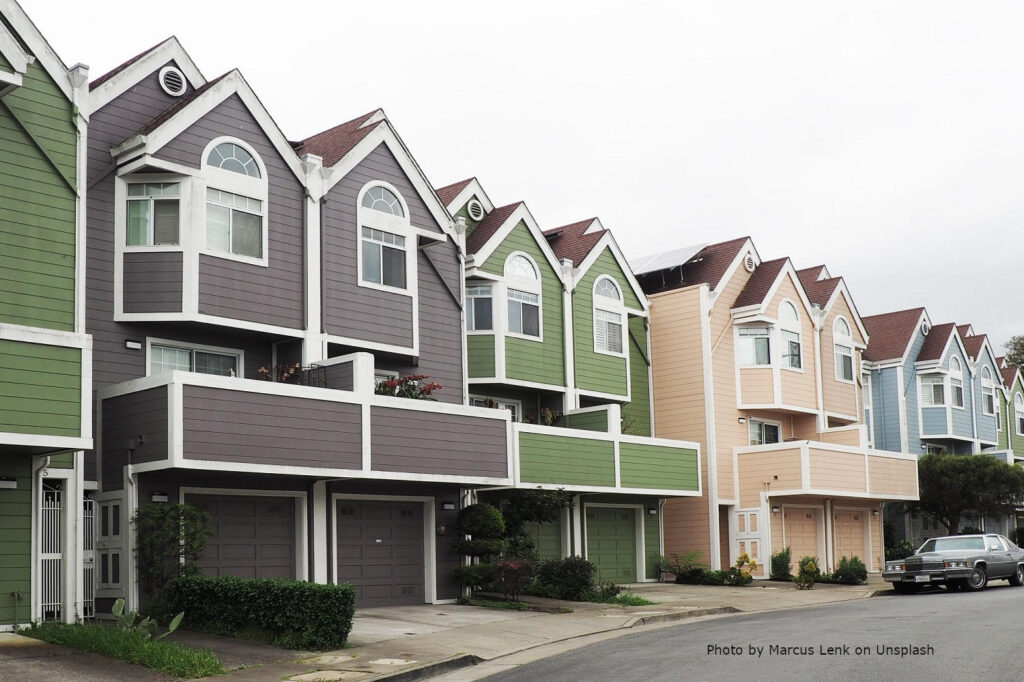
Is Your Rental Home Safe?
If you rent a home or apartment in Colorado, your landlord must provide you with a safe and healthy living space. The warranty of habitability requires landlords to address any condition that could affect your well-being. If your landlord doesn’t fix an uninhabitable condition after you tell them about it, they breach the warranty of habitability, and you are entitled to certain remedies under the law. Here are some issues that qualify as uninhabitable under Colorado Revised Statutes Section 38-12-505:
1. Mold and Mildew
Mold and mildew can cause health problems, and landlords must immediately take action to reduce your exposure to mold. The law requires landlords to install a containment, stop active sources of water to the mold, and install high-efficiency particulate air filtration when they receive notice of dampness or mold.
2. Pest Infestations
Cockroaches, bed bugs, and rodents can make your rental property uninhabitable and cause health issues. Your landlord must deal with any pest infestations promptly.
3. Lack of Heating or Cooling
Living in Colorado means dealing with extreme temperatures. Your landlord must provide adequate heating and cooling systems. If they don’t, your rental property may be uninhabitable.
4. Water Leaks
Water leaks can cause significant damage to a rental property and lead to mold growth. Your landlord should promptly address any water leaks to prevent further damage.
Perform a rental safety check.
If your landlord fails to remedy an uninhabitable condition, you are entitled to withhold rent, terminate your lease, or claim damages. If you’re not sure if your condition qualifies as uninhabitable, the Colorado Poverty Law Project offers an online Rental Safety Check via a quiz on their website fixmyrental.org.
